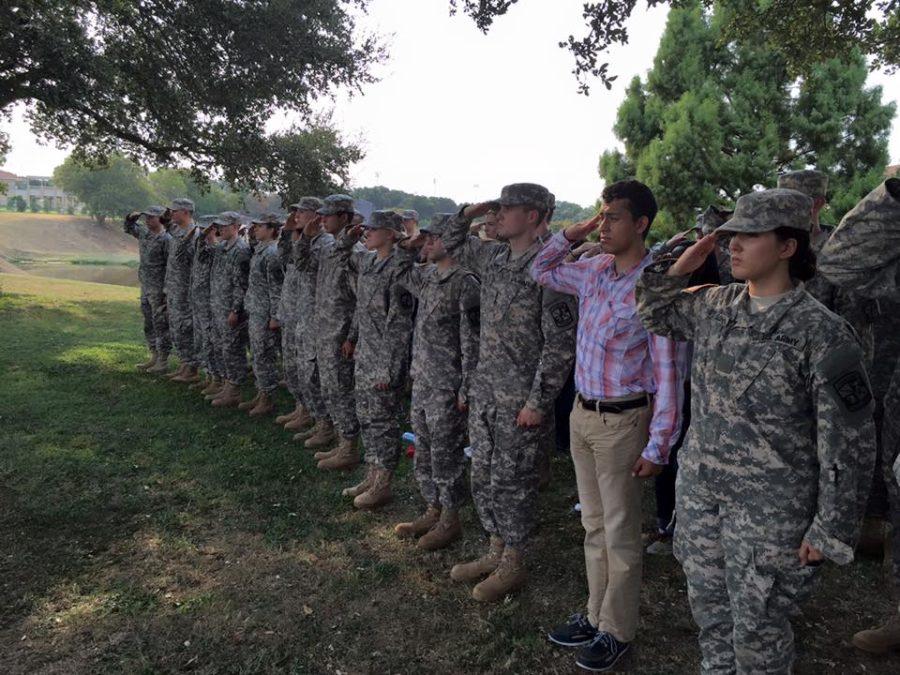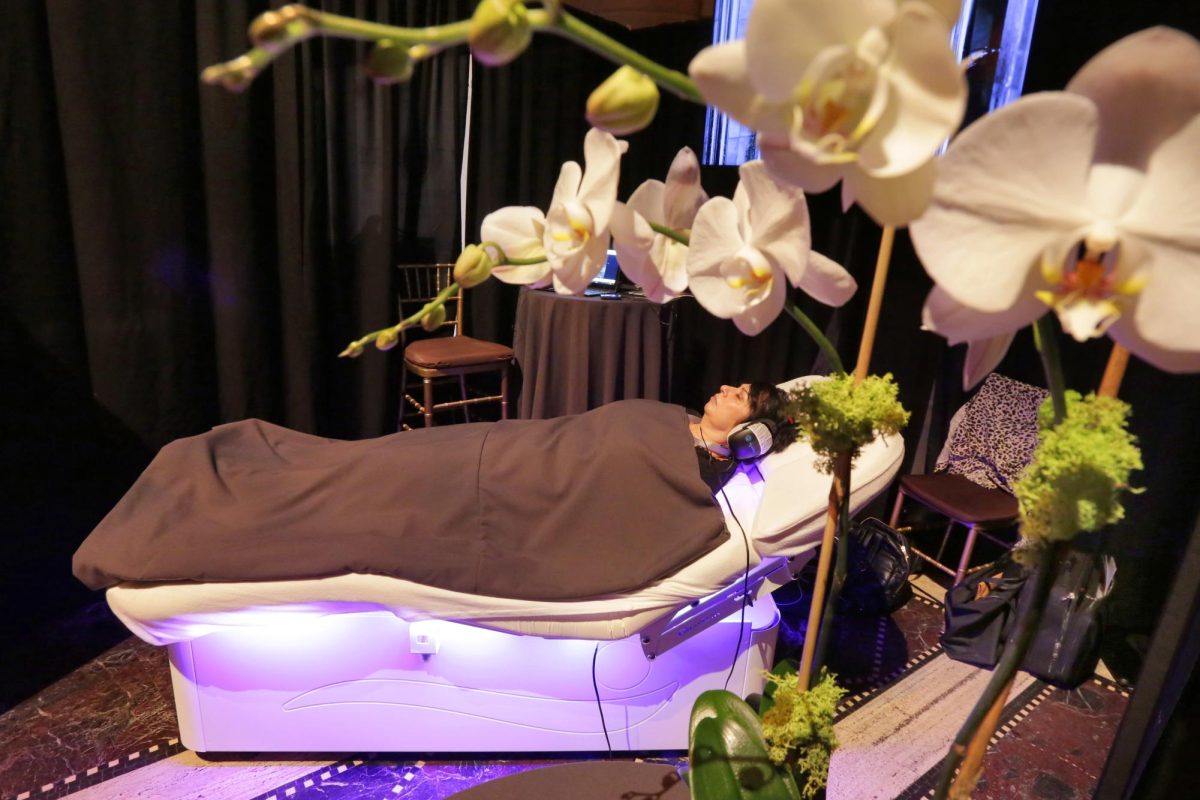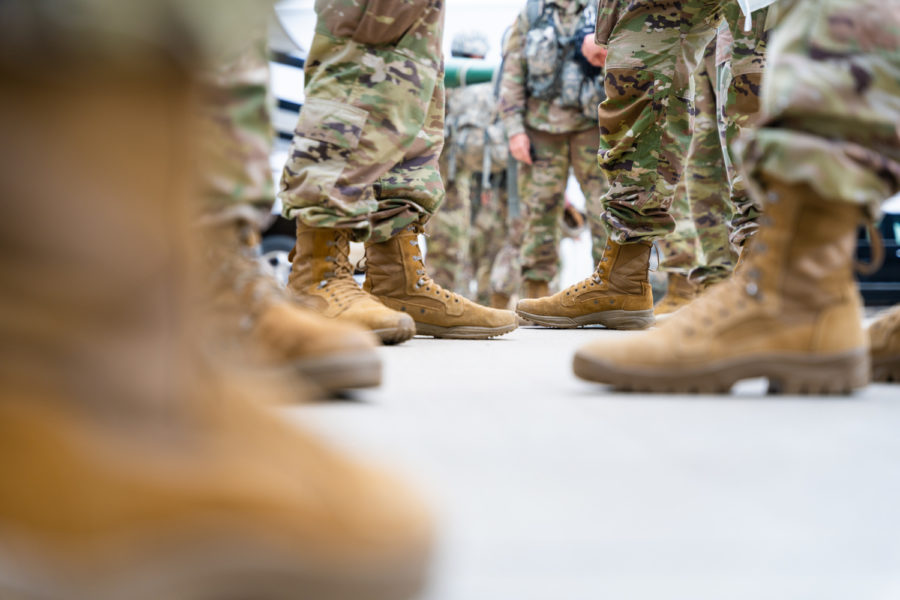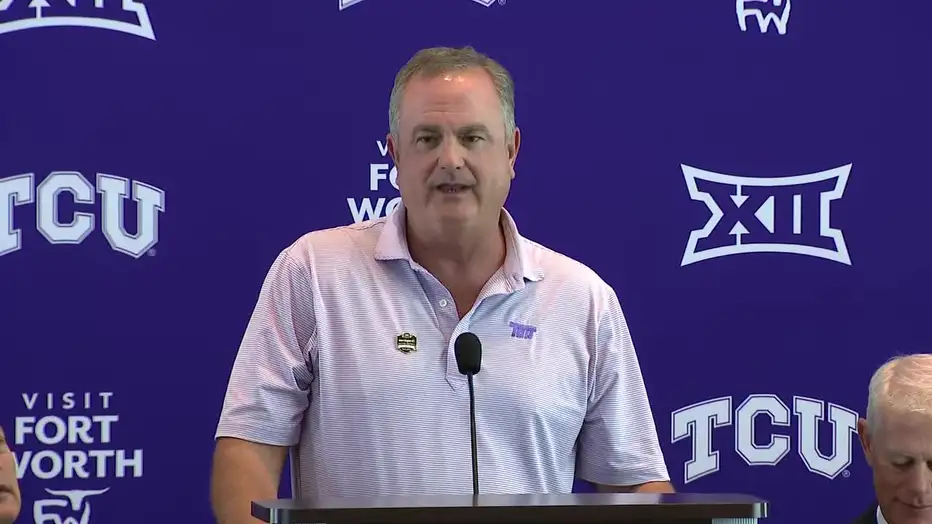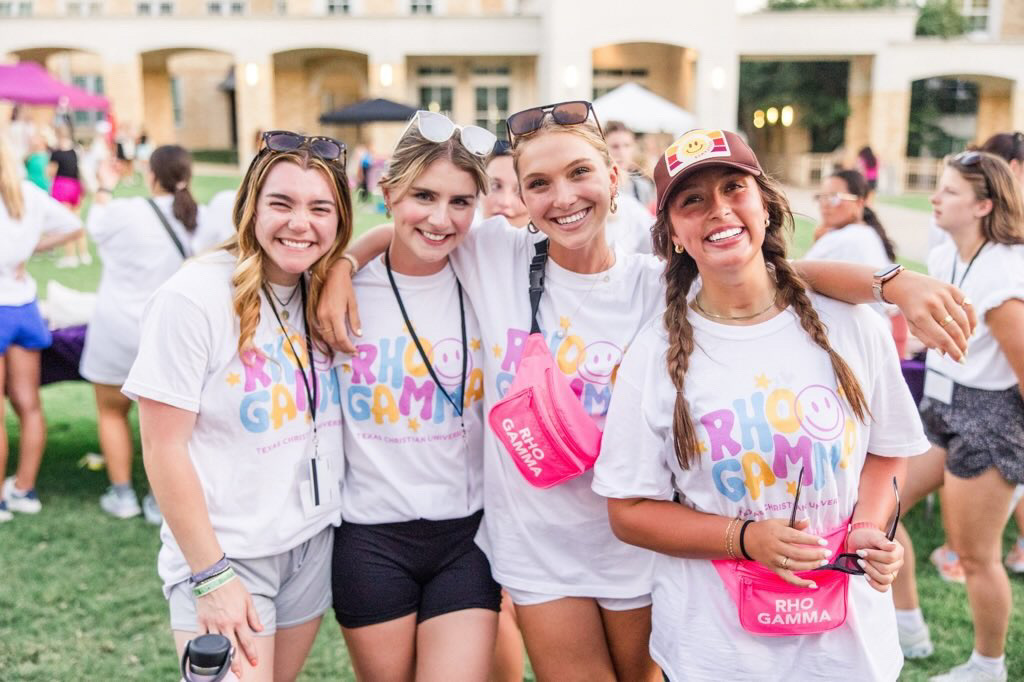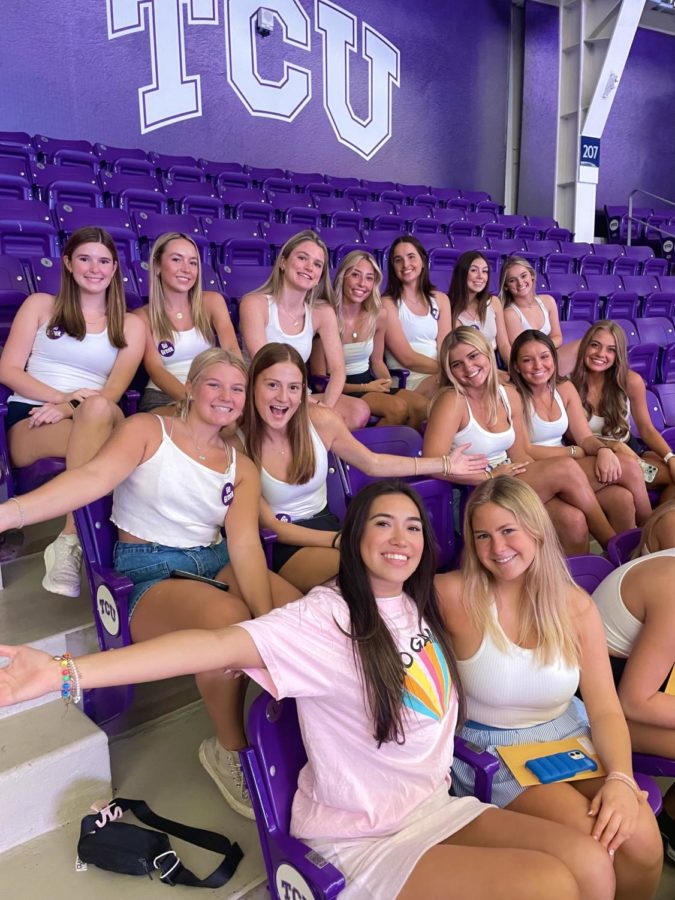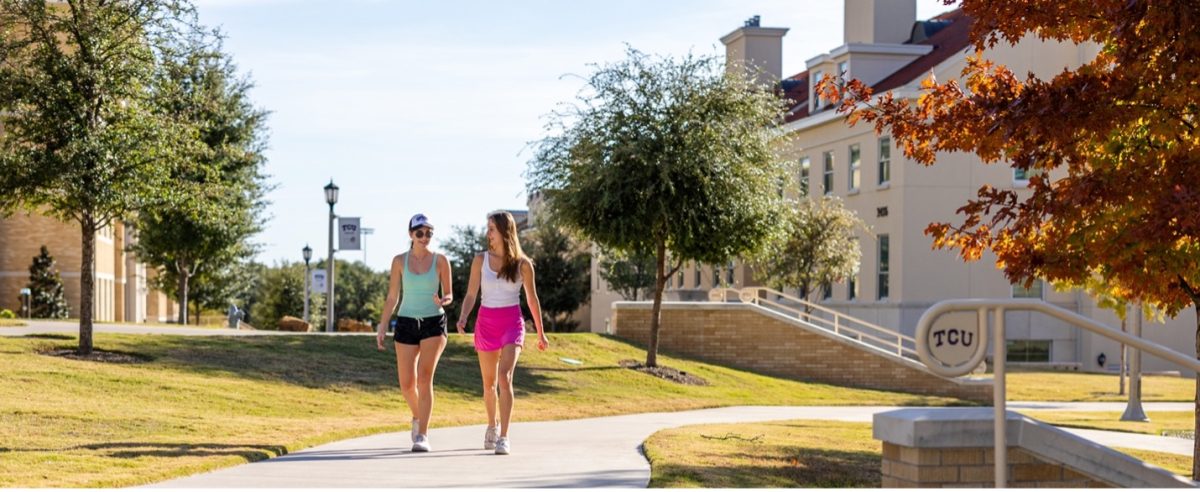The Army Reserve Officers’ Training Corps (ROTC) academically and physically prepares individuals to become commissioned officers in the military.
An ROTC cadet needs to possess the qualities of leadership, dedication, focus, endurance and resilience. The program demands physical, social and mental sacrifice.
This year TCU admitted 28 new recruits into its Army ROTC program. The new recruits include 16 males and 12 females.
The enrollment officer at TCU, Lt. Col. Eddie Smith said there are minimum academic and physical requirements for a recruit to apply to Army ROTC.
To apply for an ROTC scholarship, a candidate must have a minimum 2.5 GPA and maintain a 2.0 GPA to keep the scholarship. The minimum required SAT score is 920 for verbal and math and the minimum ACT score is 19.
Cadets must also pass a physical fitness test.
Males have to complete 42 pushups in two minutes, 53 sit-ups in two minutes and run two miles in 15 minutes and 54 seconds or less. Females need to be able to complete 19 pushups in two minutes, 53 sit-ups in two min and run two miles in 18 minutes and 54 seconds or less. However, these are the minimum standards and all cadets in the program are expected to exceed them.
Cadets are full-time students with various majors. Along with regular classes, they are required to take ROTC classes and conduct physical training three times a week at 6:15 a.m. The training involves running, circuit training, and ruck marches.
First-year cadet Ally Coyne is a biology major and on the swim team at TCU. Coyne said her experience with time management has helped her in the program.
“It’s been better than I expected, actually,” Coyne said. “I’m pretty used to time management just because swimming is very time consuming so it’s been fine. It’s not really overwhelming.”
Despite their rigorous schedules, cadets still find time for extracurricular activities.
First-year cadet Morgan Fleming said she is in multiple organizations at TCU and the support from upperclassmen in the program has helped her manage it all.
“It’s an adjustment, but I don’t think it’s overwhelming,” Fleming said. “There’s so much support. All of the upperclassmen are very understanding of what we’re going through. I’m in a sorority and I’m going to join yoga club. So it’s a commitment, but it’s not like you can’t be a regular college student.”

